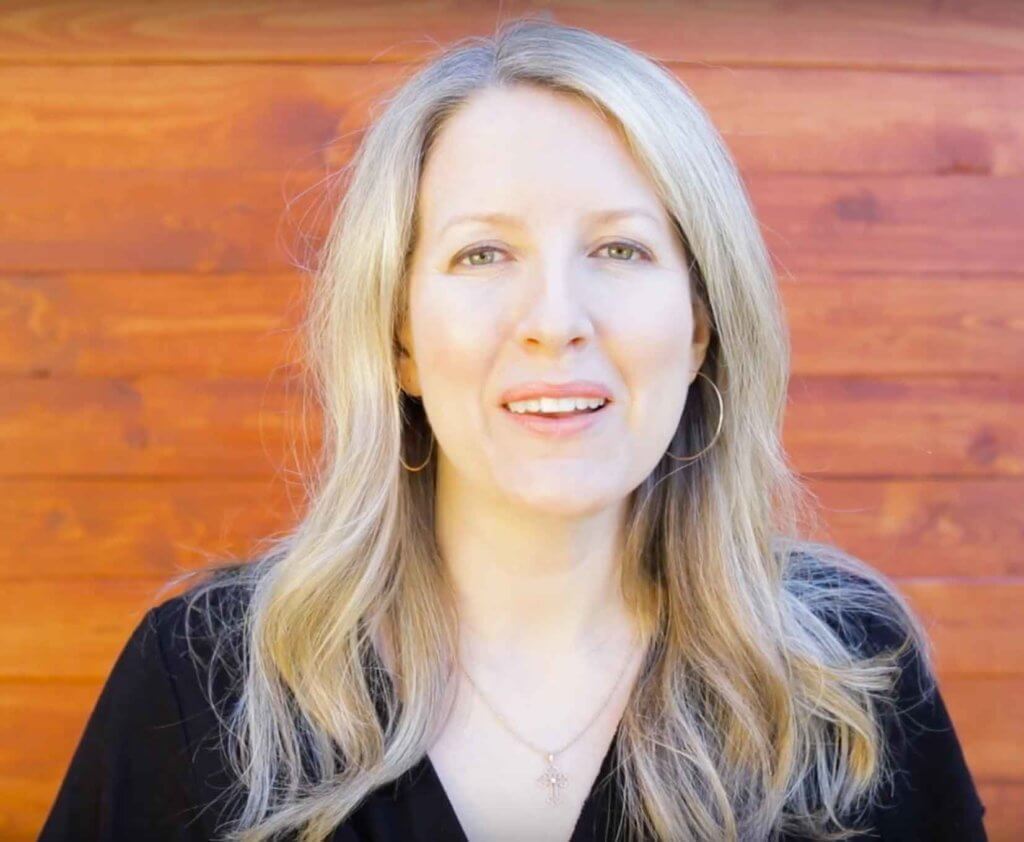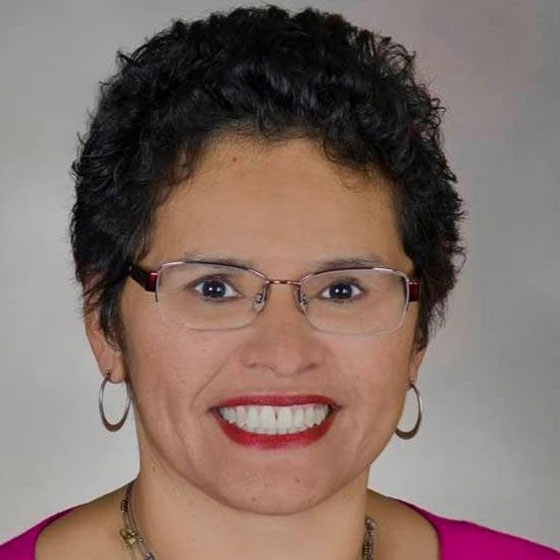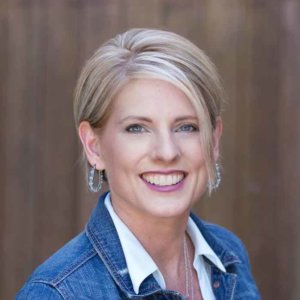The Five Steps of Taking a You-Turn

“Understanding is the Basis of Care.” – Dallas Willard, Renovation of the Heart
Our method is rooted in the Internal Family Systems model, developed by Richard Schwartz, Ph.D. The key concepts that undergird our adaptation of this model are as follows:
Parts.
We are multi-faceted human beings with many parts to our personalities. St. Ignatius wrote of our “interior movements,” while St. Teresa of Avila described rooms in our "interior castle." Freud theorized the "Id, Ego, and Superego," and Jung posited "archetypes." More recently, interpersonal neurobiologist, Dan Siegel, has noted that we all have “self states.” Every major school of psychology has acknowledged the mosaic nature of the human soul (Bessel Vander Kolk, The Body Keeps the Score, p. 280).
Differentiation.
In order to care for the various parts of ourselves, we must first understand them. Differentiation is the process by which we identify these parts of ourselves and see them more objectively from the place within where the Holy Spirit resides. We all have parts of us that function in protective roles and parts that are more vulnerable. For example, there may be a part of us that carries self-criticism and one that carries deep feelings of inadequacy. Differentiation helps us understand each of these distinct parts and learn how they interrelate within our system.
Boundary lines.
As we differentiate from various parts of ourselves, we begin to see the boundary lines of our internal landscape. For example, we begin to see where fear resides, maybe where there is some pride. We might see where we carry self-doubt or self-pity. And we begin to see how these different parts of ourselves relate to each other — some parts border each other very closely; other parts may be polarized and are in conflict. The process of clarifying our internal boundaries provides us with a road map to growth and maturity in Christ.
Spirit-led self-leadership.
As each part of us becomes more clearly defined in our understanding, a space is created at the center of ourselves for Spirit-led Self-leadership. This space is the dwelling place of the Holy Spirit, who empowers us to lead the various parts that exist inside of us with love, joy, peace patience, kindness, goodness, faithfulness, gentleness, and self control (Galatians 5:22-23a). The process of maturing in Christ involves bringing each part of our internal landscape into the presence of the Spirit-led Self.
Maturity.
As Jesus commands, we must love our neighbors as we love ourselves. Spirit-led Self leadership starts with ourselves, but it does not end there. As we learn how to cultivate our inner life, we gain a greater sense of internal order, clarity, and peace. In turn, we are then free to focus on our God-given purpose in the world in a more fruitful, sustainable manner. We have the capacity to love our neighbor from a more deeply rooted place, where every part of us has access to the light of Christ. We are able to lead others with more integrity - more wholeheartedly.
For more information about the Internal Family Systems Model, please refer to ifs-institute.com/.


You must be logged in to post a comment.